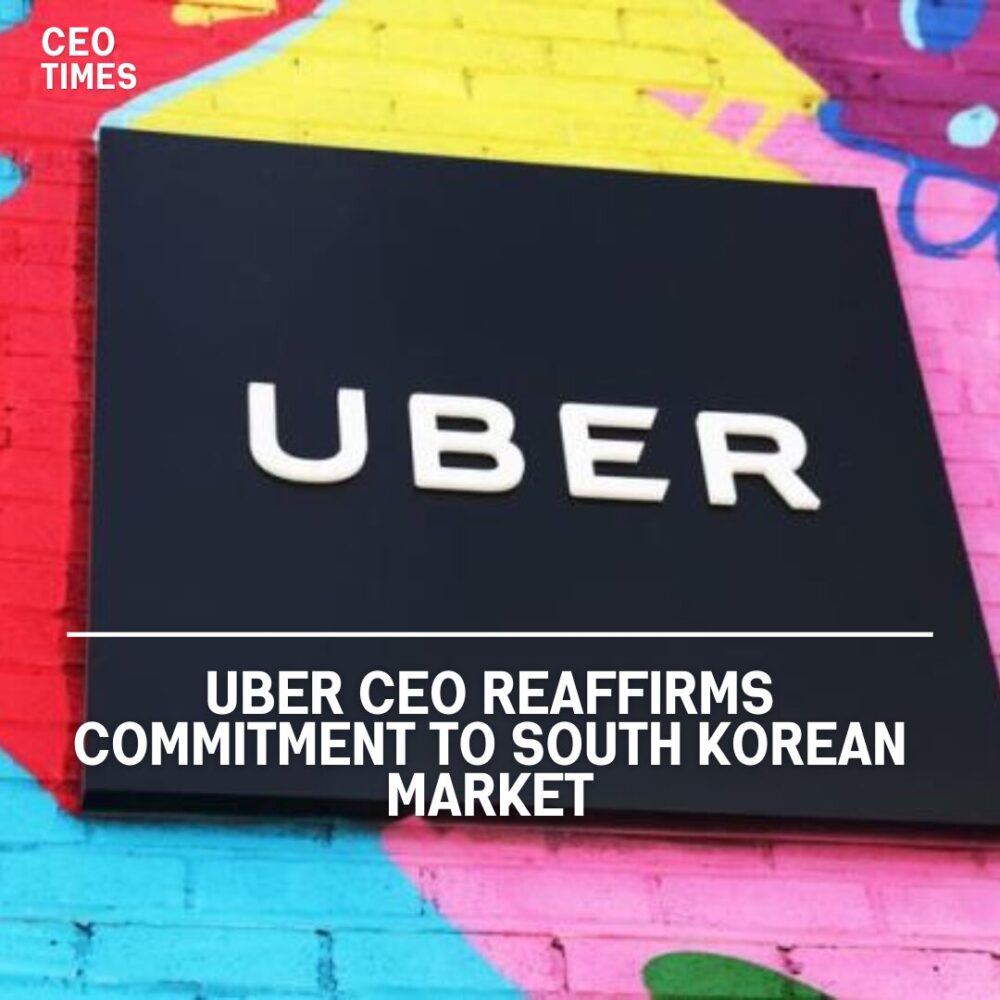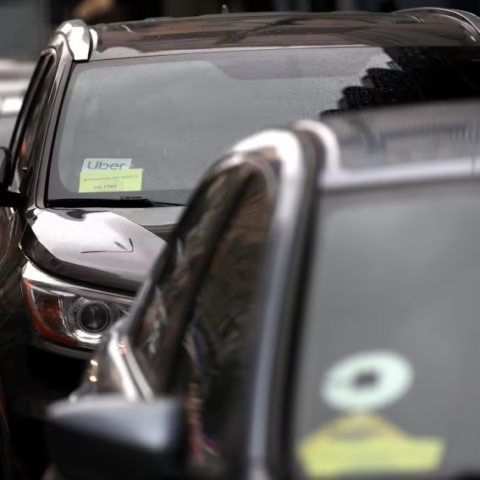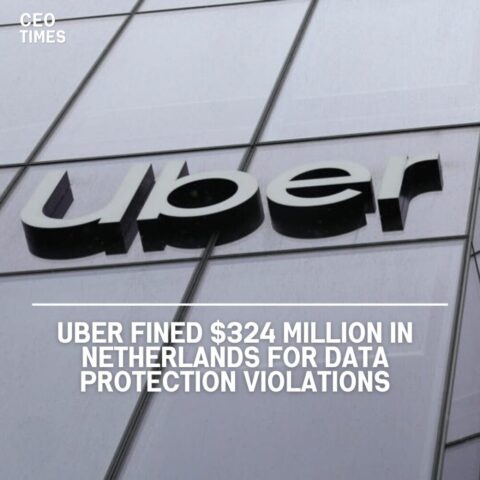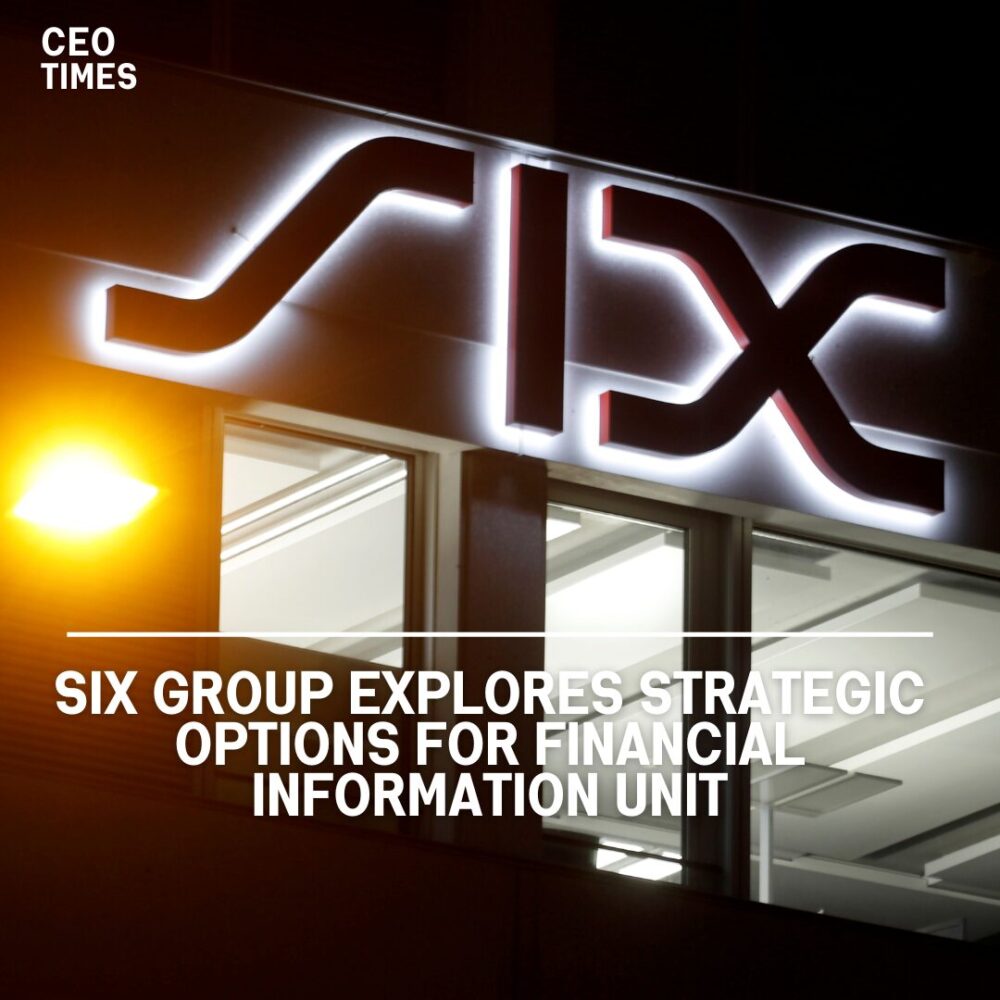Uber Technologies Inc. CEO Dara Khosrowshahi has reiterated its commitment to expanding its South Korean presence despite being a smaller player than local tech giant Kakao.
Speaking to reporters in Seoul, Khosrowshahi emphasized Uber’s potential for growth by attracting more taxi drivers to its platform.
A Competitive Landscape:
Uber faces stiff competition in South Korea, where Kakao dominates the taxi-hailing market with over 90% market share, based on app usage data. Despite this, Khosrowshahi expressed optimism, stating, “The fact is that a taxi driver who uses the Uber app will make more money, will be more busy.”
He also highlighted Uber’s rapid growth, claiming that the platform is expanding significantly faster than the overall market and projecting further market share gains.
Strategic Re-entry and Growth:
Uber initially entered the South Korean market in 2013 but was compelled to withdraw due to stringent regulations that only allowed companies with taxi licenses to offer ride services.
However, in 2021, Uber made a strategic comeback by forming a joint venture with SK Group, South Korea’s second-largest conglomerate, under the brand UT. This venture was rebranded as Uber Taxi in March 2024.
Since the rebranding, Khosrowshahi noted that about 20% of South Korean taxi drivers now use the Uber Taxi platform. Additionally, the number of passengers on the platform grew nearly 80% year-on-year in the first half of 2024. This growth included a more than doubled usage by international travelers to South Korea, indicating the platform’s increasing appeal.
Looking Ahead:
Uber’s focus on attracting more taxi drivers and leveraging its global brand is a key part of its strategy to challenge Kakao’s dominance.
With the South Korean market offering significant opportunities, particularly in international travel and tourism, Uber is poised to continue its regional expansion efforts.



















